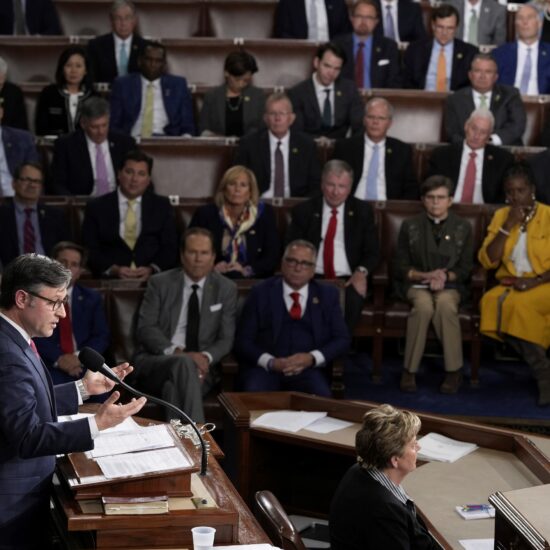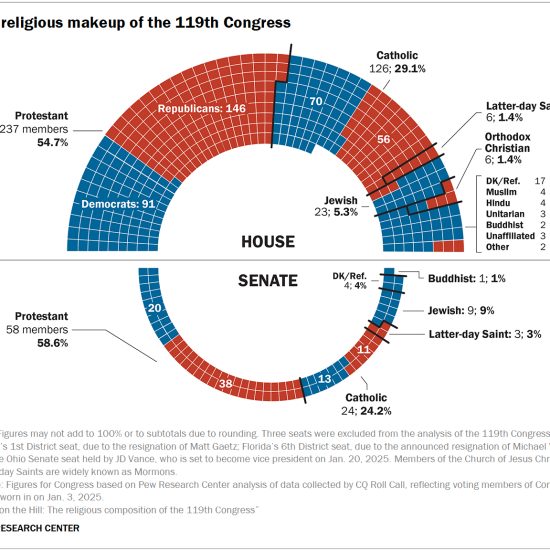Thanksgiving is a season of irony in America this year.

Bill Webb
|
As usual, grocery stores have been stocking up, and selling turkeys and hams, pumpkin and yams, and assorted other holiday foods. At the same time, Congress already has approved cutbacks in food assistance programs for the poor and is threatening more.
There is at least one thing upon which every senator and representative agrees: The nation is reeling over a dramatic recession that is still affecting hurting Americans. More and more need help to support their families in the wake of lost jobs and financial disaster.
On Nov. 1, families who benefitted from the Supplemental Nutrition Assistance Program (SNAP), or food stamps, saw a reduction in benefits. The $5 billion cut this year is about 10 million fewer SNAP meals each day, according to Christian lobby Bread for the World (bread.org), which seeks to influence public policy on behalf of the poor in America and overseas.
The monthly cut per family seems small to a lot of people — about what many families who are much better off will spend on their Thanksgiving turkey. But the U.S. can more easily absorb a $5 billion annual expenditure than impoverished families can handle on a meal-to-meal, day-by-day basis.
At this moment, Congress is debating the farm bill and even more SNAP cuts during a point in history when so many Americans are trying to get to get back on their feet following personal financial disaster, in addition to those who have relied upon the help perhaps for years. Congressional proponents of such cuts suggest their concern is to eliminate fraud and balance the budget.
Some refer to assistance programs like this as “entitlements,” implying the assistance is undeserved and has become so entrenched as to become self-perpetuating. This is a poor way for public servants to regard their constituents and ignores the plight of the truly needy.
Do people abuse public assistance programs? Yes, some do. Do senators and representatives ever abuse the public trust and find themselves embroiled in scandal? Sadly, some do, at both national and state levels. But most of us make charitable giving decisions based on the good they will do rather than withhold support because someone might benefit who really does not deserve it.
I’m convinced not every elected official or government program deserves my taxes, but I willfully pay my share because of the greater good.
People of most faiths engage in helping the less fortunate in their communities and around the world, especially at this time of year. Each deserves commendation, and each needs to be challenged to become even more involved.
This is a no-brainer for Christians. Christ himself gave significant attention to those who had little or nothing and thus no voice in the public square. He called on his followers to follow his compassionate example. Sadly, much of Christendom today isn’t very comfortable even acknowledging needy people.
A passive electorate is no friend of the needy in this matter. People can be active hunger advocates in their congregations and communities, but non-existent voices of challenge to those empowered to represent us in government.
One of the problems in the government sector is that those who are especially needy are without voice unless others become their advocates. And, unlike corporate lobbyists, advocates for the needy usually receive nothing in return for their efforts besides feeling good about doing the right thing for others.
Advocates for the poor don’t make generous campaign contributions or spend money like many high-powered lobbyists do among legislators. Unfortunately, the advocacy of particular legislation and of votes seems to carry a price. By contrast, Bread for the World and groups like it urge real citizens to contact legislators to make their voices heard.
America has a reputation for compassion, especially in difficult times, in the lives of citizens and their families. Until we discover better ways to combat human need in this nation and across the world, Congress needs to act with compassion on the farm bill and its SNAP provisions. Combat waste in government, or even in Congress, before cutting assistance to babies, children, parents and seniors.
A day of fasting and prayer might help each of us better identify with hurting families. Fasting for a day might also help congressmen and congresswomen before they cast votes that directly affect the poor.
Congress is deliberating right now on potential SNAP cuts. Call 1-800-826-3688 today and urge Sen. Roy Blount and Sen. Claire McCaskill and your representatives to make a compassionate decision. We are Christ’s advocates for the poor.
Bill Webb is editor of Word&Way.






